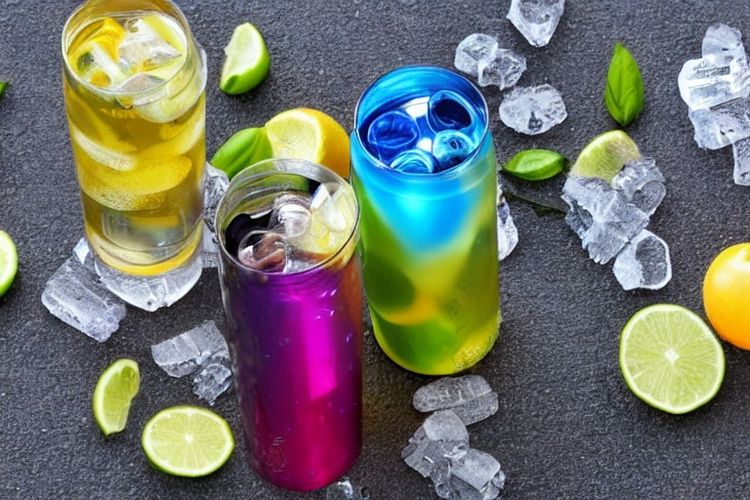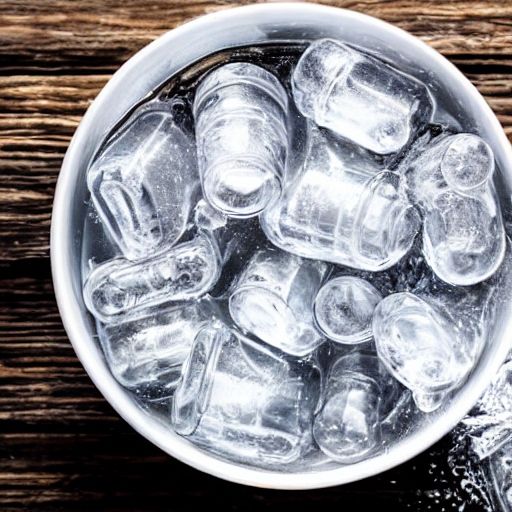Staying Hydrated for Optimal Energy: Unveiling the Connection

Staying hydrated is essential for maintaining optimal energy levels throughout the day. Water is an integral part of our bodies, making up around 60% of our total body weight. Without sufficient hydration, our bodies can suffer from fatigue, lack of focus, and decreased productivity. In this article, we will explore the connection between staying hydrated and having optimal energy levels.
Water plays a crucial role in various bodily functions, including digestion, nutrient absorption, circulation, and temperature regulation. When we are dehydrated, these vital processes can become impaired, leading to feelings of tiredness and decreased alertness. Even mild dehydration can cause a decline in cognitive performance, concentration, and mood.
Proper hydration is especially important for maintaining energy levels during physical activities or workouts. When we exercise, we lose water through sweating, and if not replenished, this can lead to dehydration. Dehydration during exercise can lead to decreased endurance, strength, and overall performance. Research suggests that even a 2% loss in body weight due to dehydration can significantly impair physical performance.
In addition to the direct impact on physical and cognitive performance, dehydration can also affect our mood and overall wellbeing. Studies have shown that even mild dehydration can lead to increased feelings of anxiety, tension, and fatigue. Hence, staying hydrated is not only essential for our energy levels but also for our emotional and mental state.
So, how can we stay hydrated and maintain optimal energy levels throughout the day? Here are a few tips:
1. Drink enough water: The general guideline is to drink at least eight 8-ounce glasses of water per day. However, individual needs may vary based on factors like activity level, climate, and overall health. Listen to your body’s signals and make sure you drink enough water to stay hydrated.
2. Include hydrating foods: Many fruits and vegetables have high water content and can help in hydration. Foods like watermelon, cucumbers, strawberries, and lettuce are excellent choices to include in your diet.
3. Limit caffeine and alcohol intake: Both caffeine and alcohol are diuretics, meaning they can cause increased urine production and contribute to dehydration. If you consume these beverages, make sure to compensate by drinking extra water.
4. Set reminders: In our busy lives, it’s easy to forget to drink water regularly. Setting reminders on your phone or using water-tracking apps can help you stay on track with your hydration goals.
5. Pay attention to your urine color: Monitoring the color of your urine can give you a good indication of your hydration status. If your urine is light yellow or clear, it usually means you are adequately hydrated.
In conclusion, staying hydrated is crucial for maintaining optimal energy levels throughout the day. Dehydration can lead to fatigue, decreased cognitive performance, and impaired physical abilities. By drinking enough water, consuming hydrating foods, and being mindful of caffeine and alcohol intake, we can ensure that our bodies are properly hydrated, resulting in improved energy levels, focus, and overall wellbeing. So, let’s raise a glass of water and toast to staying hydrated for optimal energy!



